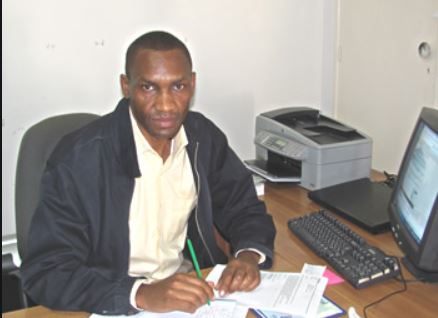×
The Standard e-Paper
Kenya’s Boldest Voice

As the world continues to grapple with the Covid-19 nightmare and its effects on the economy, we must not forget about the most deprived, excluded and vulnerable – women and children.
The pandemic has brought to the fore urgent humanitarian needs requiring responses from all stakeholders. Inequality is a major challenge as almost 80 per cent of Kenyans are either income poor or near the poverty line. Poverty is most widespread in the arid and semi-arid lands and urban informal settlements.